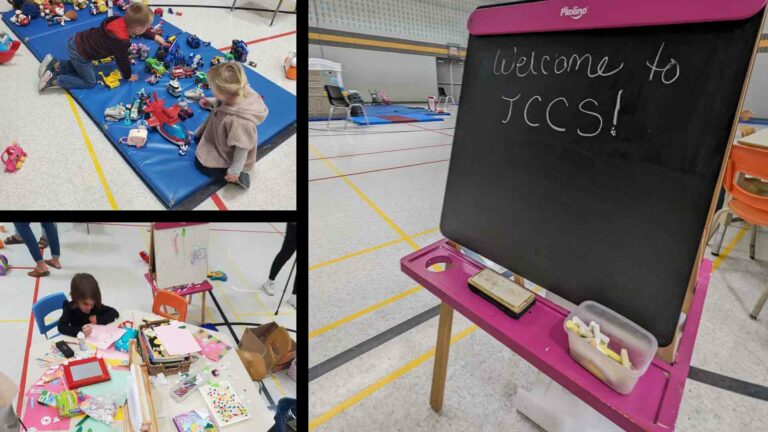We are halfway into the 2017 hurricane season and tropical mega-storms in the Atlantic basin have already broken several records. Hurricane Irma has sustained its destructive power longer than any super-storm ever recorded (and our data goes as far back as the 1970s). At the time of writing, the expected damage caused is upwards of $250 billion US.
In the midst of this destruction, some are speaking of an economic “silver lining” – that the incoming hurricanes might in fact be good for the economy. For example, William Dudley, from the Federal Reserve Bank of New York, argues that, “the long-run effect of natural disasters is that it actually lifts economic activity.”
The reasoning is that after the initial harmful effect on human and economic resources, the inevitable rebuilding efforts will stimulate local economic activity. It will also increase demand for labor, driving up wages and ultimately making people wealthier. And if we consider the way economic activity is most often measured – via Gross Domestic Product (or GDP) – reconstruction efforts might seem to cause an increase in the economy.
Unfortunately, this is not true. Simply put: destruction does not benefit the economy.
In the case of Hurricane Irma, the GDP figure will show the value of reconstruction efforts, but not the value of what was destroyed. It is true that the reconstruction of infrastructure and housing spurs on economic activity. However, this argument ignores the opportunity cost – it ignores what could have been done with that money if it didn’t have to be spent on reconstruction.
This observation was first made by the French economist Frederic Bastiat. He illustrated the concept that destruction does not benefit the economy through the example of a broken window. Replacing the window may improve the economic position of the repairman, but it means that the owner of the window has lower disposal income to spend on anything else. If the window hadn’t broken he could have had a window and a pair of news shoes. Now he can only afford to replace the window.
Similarly, the destruction caused by the hurricane requires the government to spend money on reconstruction and aid, at the expense of what it might otherwise have done with that money. The government has to use resources to rebuild something, as opposed to using the resources to build something new.
As Christians, we need to be sensitive to this fallacy in the measurement of economic activity. The task of stewardship of God’s creation is not only about the utilization of the resources within it. It is also about considering the destructive impact we have on creation through our activities. Far too often do we only consider the value that was generated through our activities, but we forget to properly count the cost of our activities, whether it be environmental or socioeconomic.
May the Lord be a refuge and strength to those affected by the destructive power of the ongoing natural disasters across the world.













